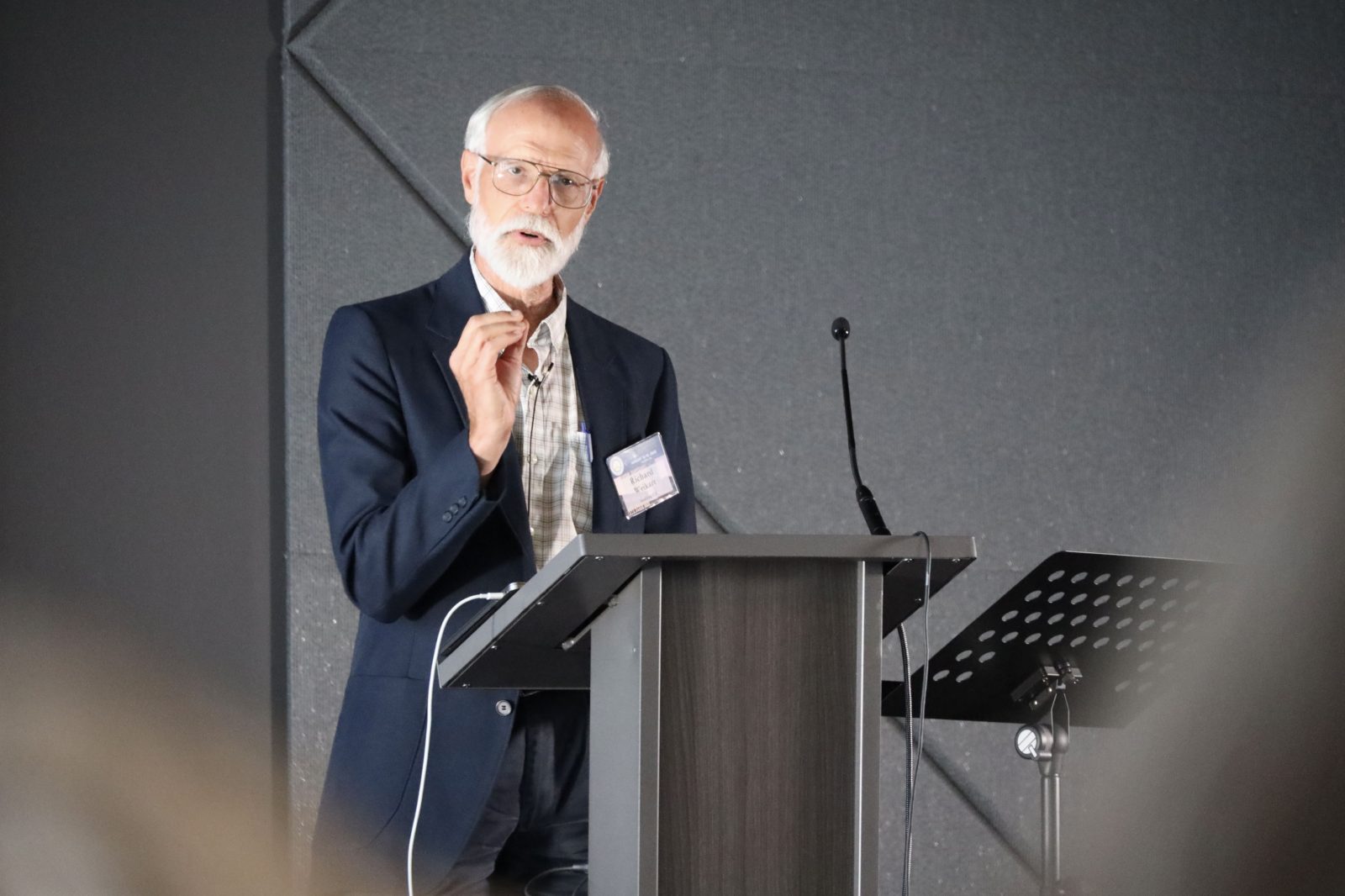


Darwinian Racism Then and Now
Today’s ID the Future spotlights Darwinian racism, past and present. In this first half of a panel discussion at the 2022 Center for Science and Culture Insider’s Briefing, Darwin Day in America author John West introduces the other panel members, teases an upcoming book, Darwin Comes to Africa, and discusses his experience visiting the Museum of Criminal Anthropology in Turin, Italy, where the work of infamous Darwinian criminologist Cesare Lombroso’s racist ideas about evolution and race are on dramatic display. Then historian Richard Weikart, author of Darwinian Racism, debunks the popular media claim that white nationalist racism in America is a Southern evangelical phenomenon. Weikart shows that the most prominent white nationalists show little if any interest in promoting Christianity, but they very consistently anchor their racist ideas of white superiority and the racial struggle for supremacy in Darwinism, with straightforward links to Charles Darwin’s own ideas and arguments in The Descent of Man. Weikart is careful to emphasize that Darwinism does not necessarily lead its adherents to racism and, in fact, most Darwinists today are not racists. But racist ideas were woven into modern evolutionary thinking from the beginning and do serve as a major inspiration for white nationalist writers and even for some recent mass shooters. Weikart ends his lecture with a twist. He says there is one strongly anti-racist component in Darwinian materialism: Darwinian materialism, if true, means that all humans are equally without value — just so many DNA survival machines in a world without higher purpose or meaning. A grim takeaway, but only for those who feel compelled to embrace modern Darwinism. If you are open to questioning it, there are a wealth of resources at this podcast and at intelligentdesign.org showing that the evidence points strongly in another direction.

A Plea to Parents: Don’t “Butt Out” of Your Kids’ Education
On today’s ID the Future, host Robert Crowther sits down with writer Andrew McDiarmid to discuss his recent New York Post article, “Word to the Wise: Progressives Forget that Parents are in Charge of Kids’ Education.” The two discuss recent dustups in the news in which parents were told to butt out of the public education of their children. This is profoundly wrongheaded and for a variety of reasons, McDiarmid argues. McDiarmid, a Discovery Institute senior fellow, advocates for greater parental involvement, rather than less, and he and Crowther then apply the principle to the narrower question of how evolution is taught in the public high schools. In many districts evolutionary theory is taught as unquestionable dogma, with none of the theory’s weaknesses presented, and no attempt to encourage critical inquiry into the matter. Parents, students, and education leaders should never settle for this, McDiarmid says. He and Crowther wrap up their conversation by pointing listeners to several quality educational resources, many of them online, to help parents, students, and educators.